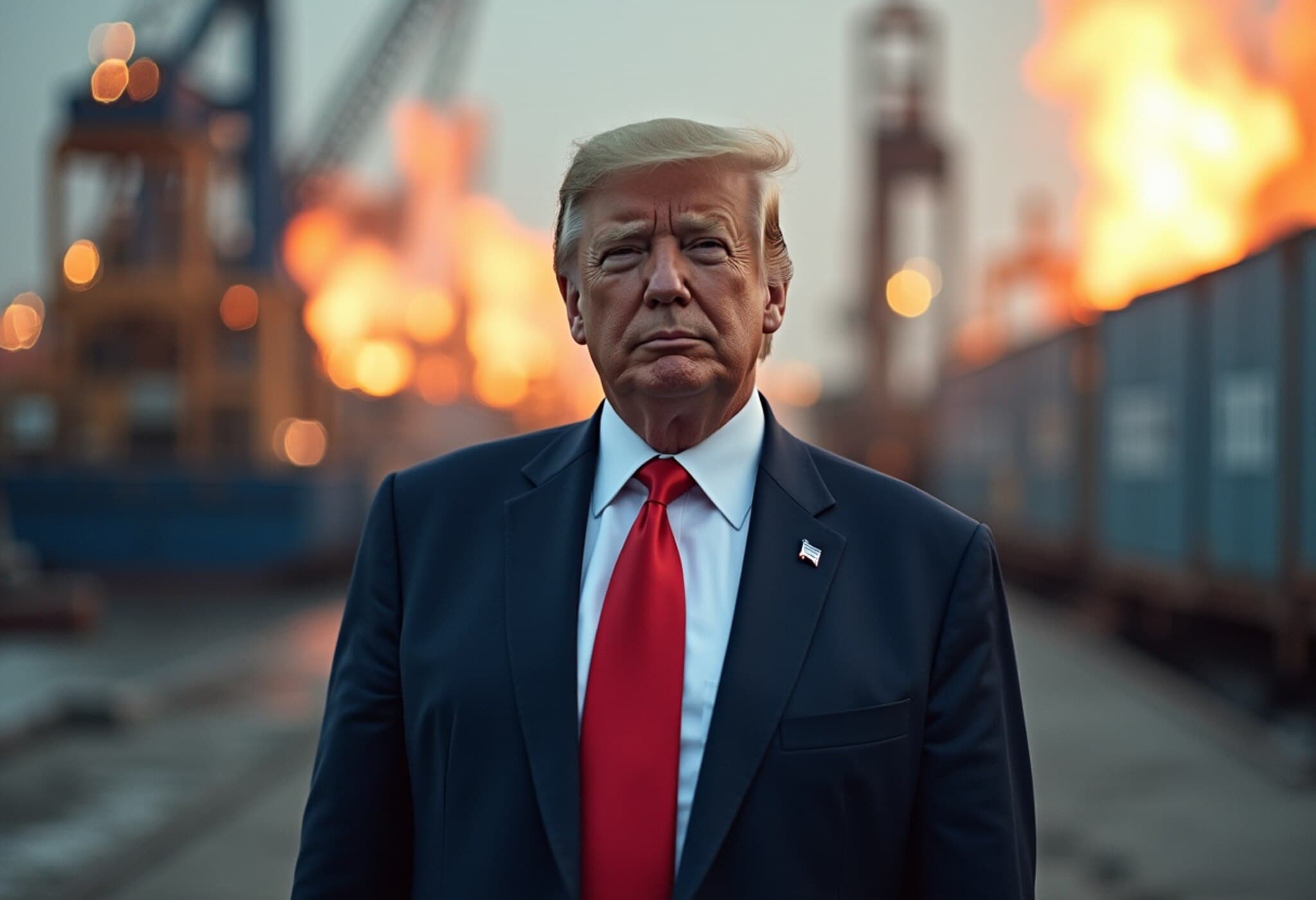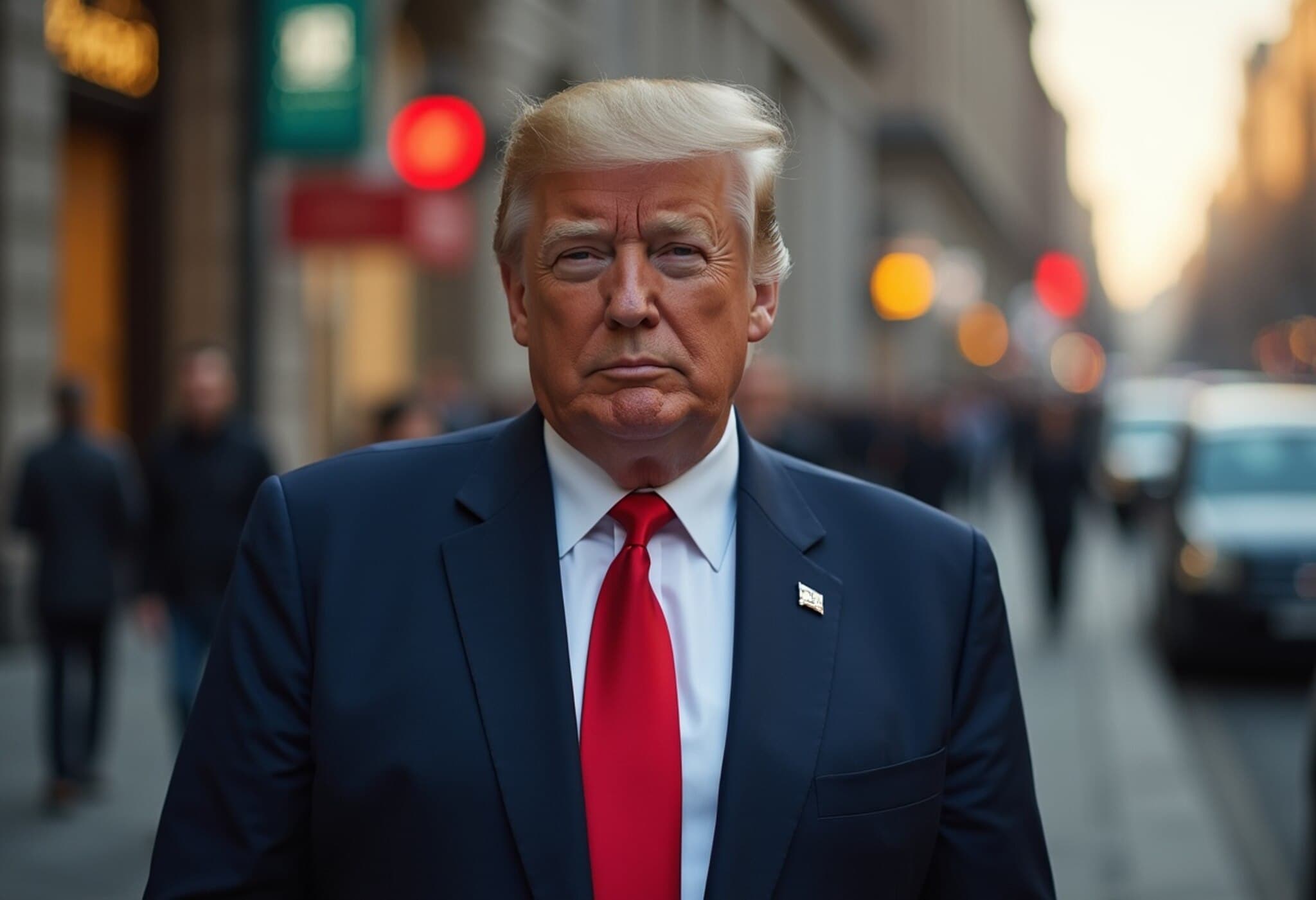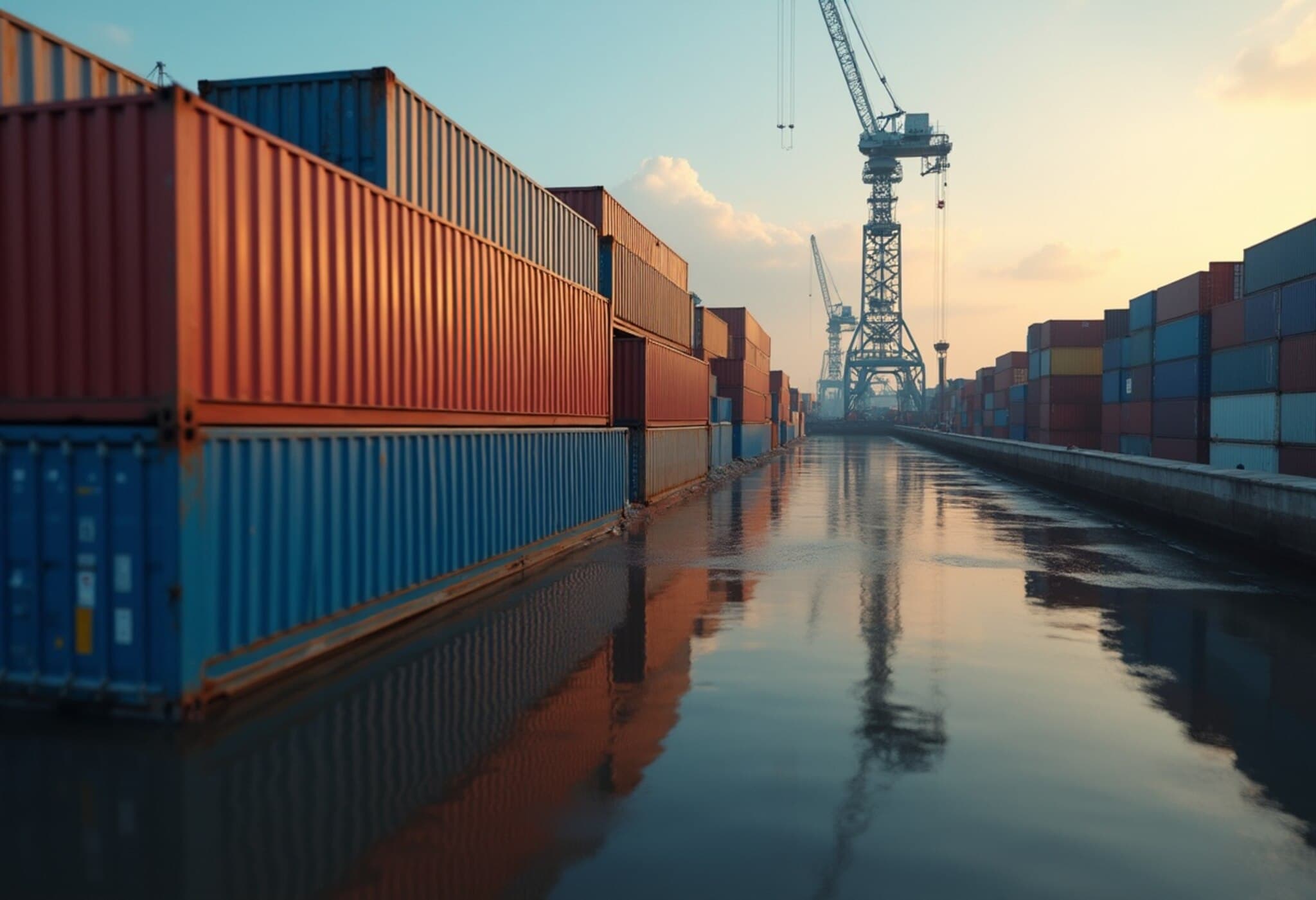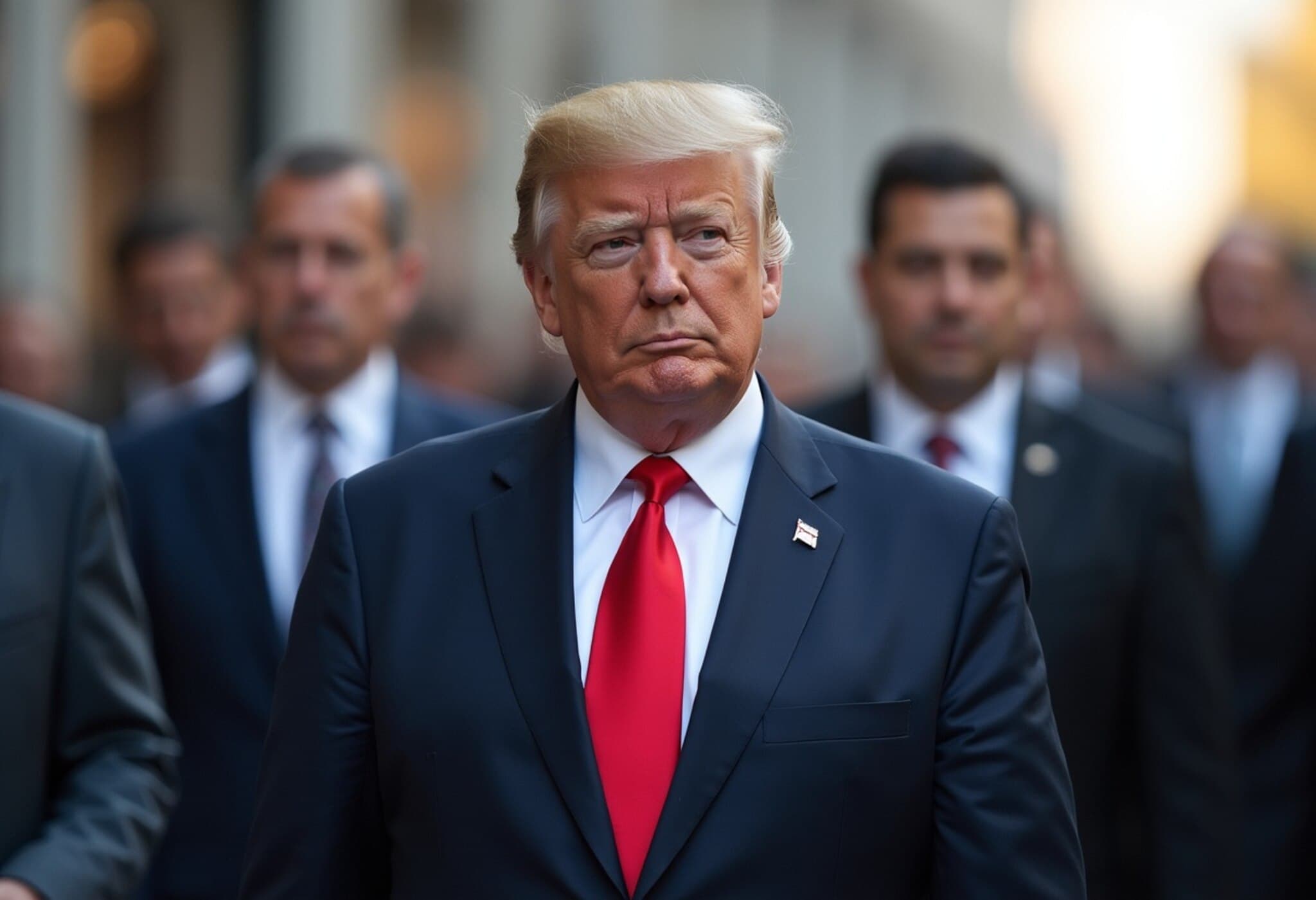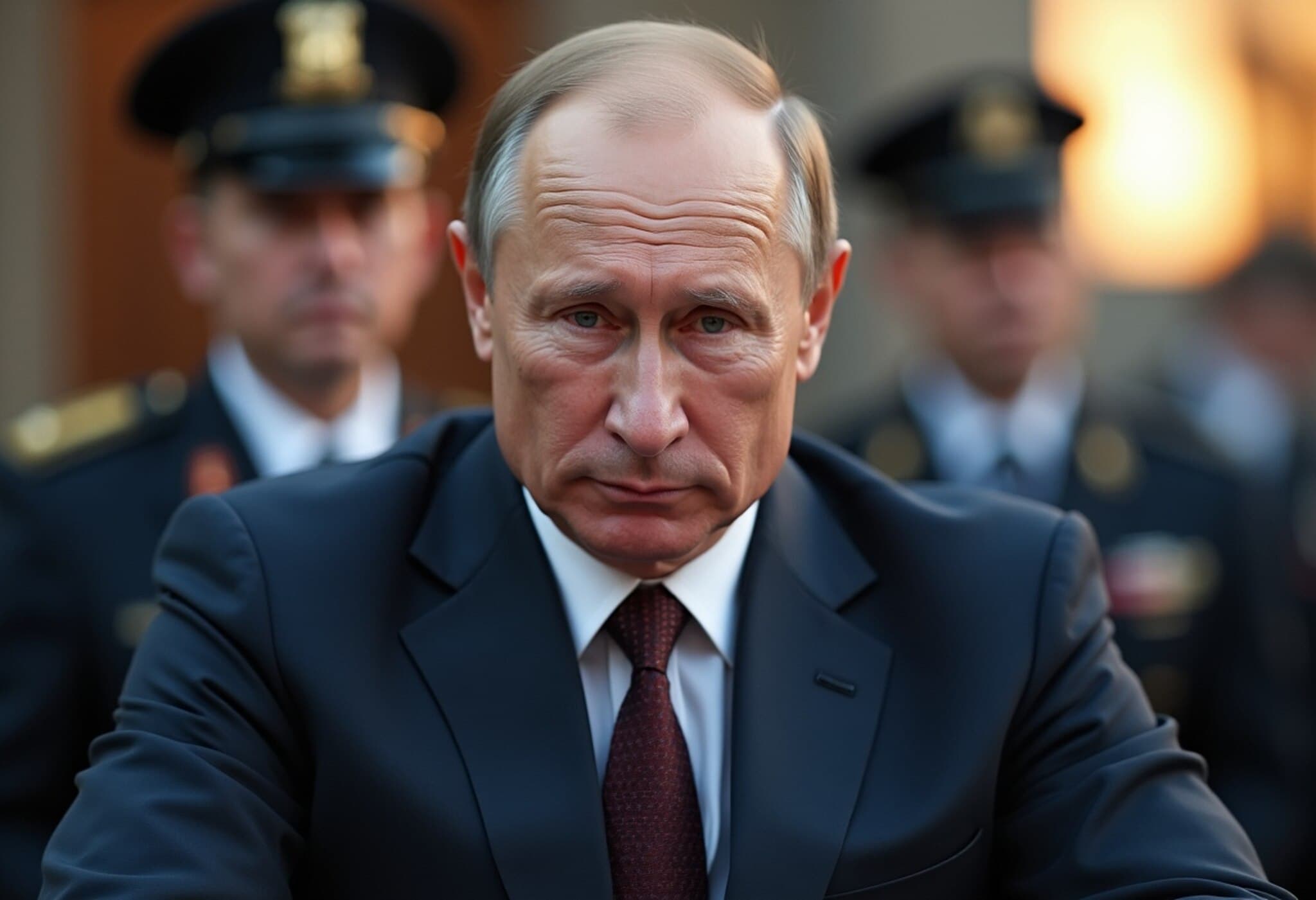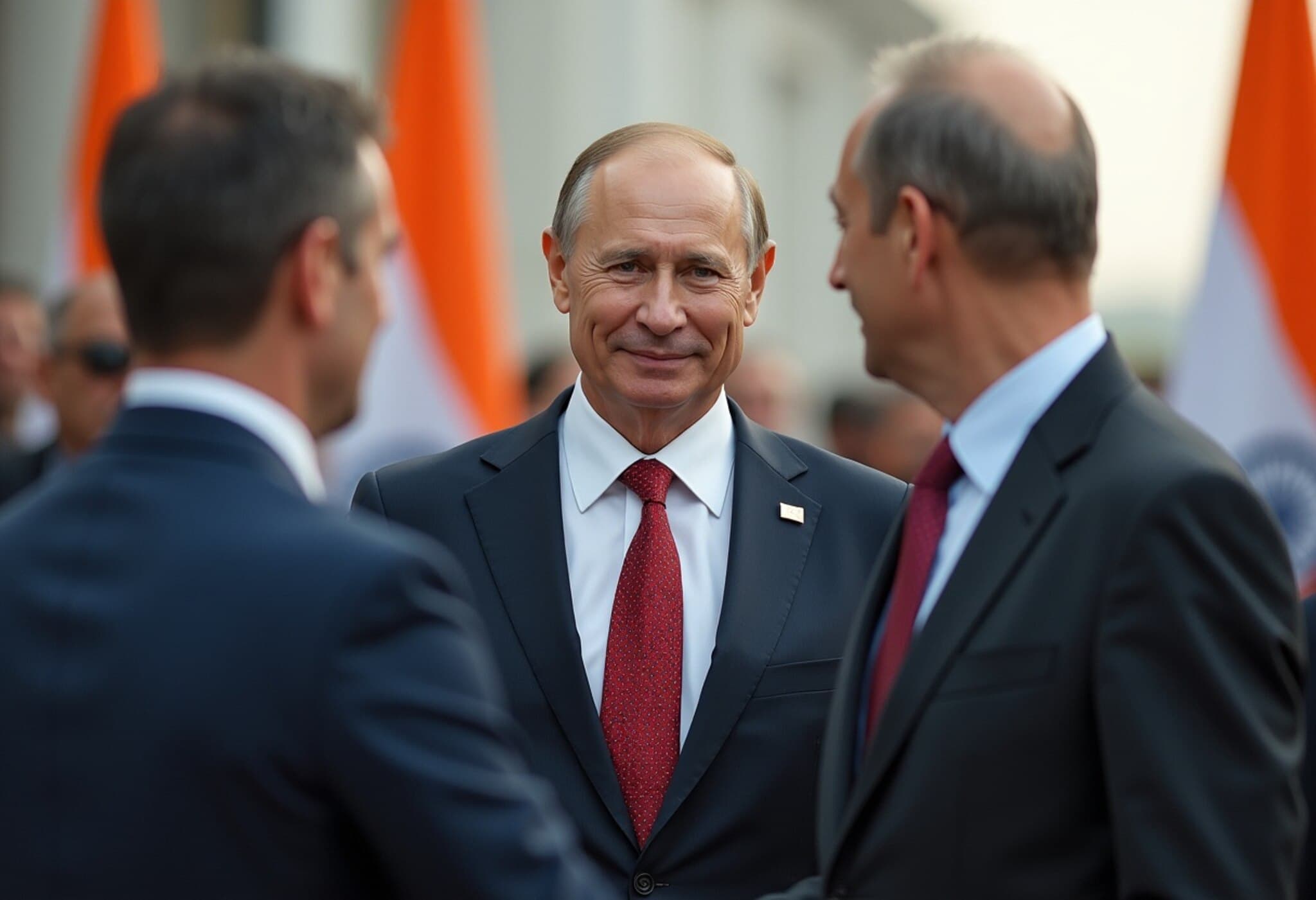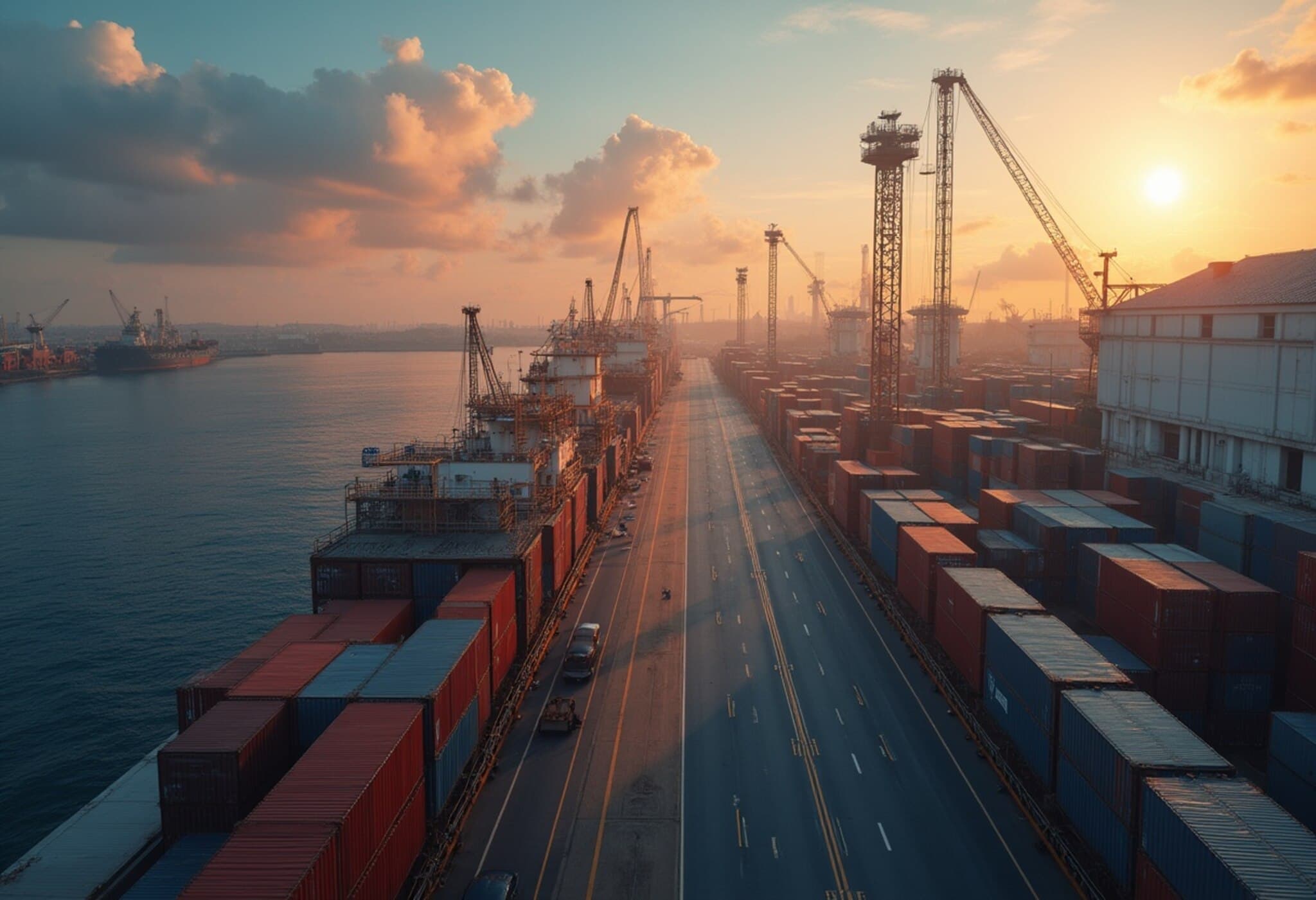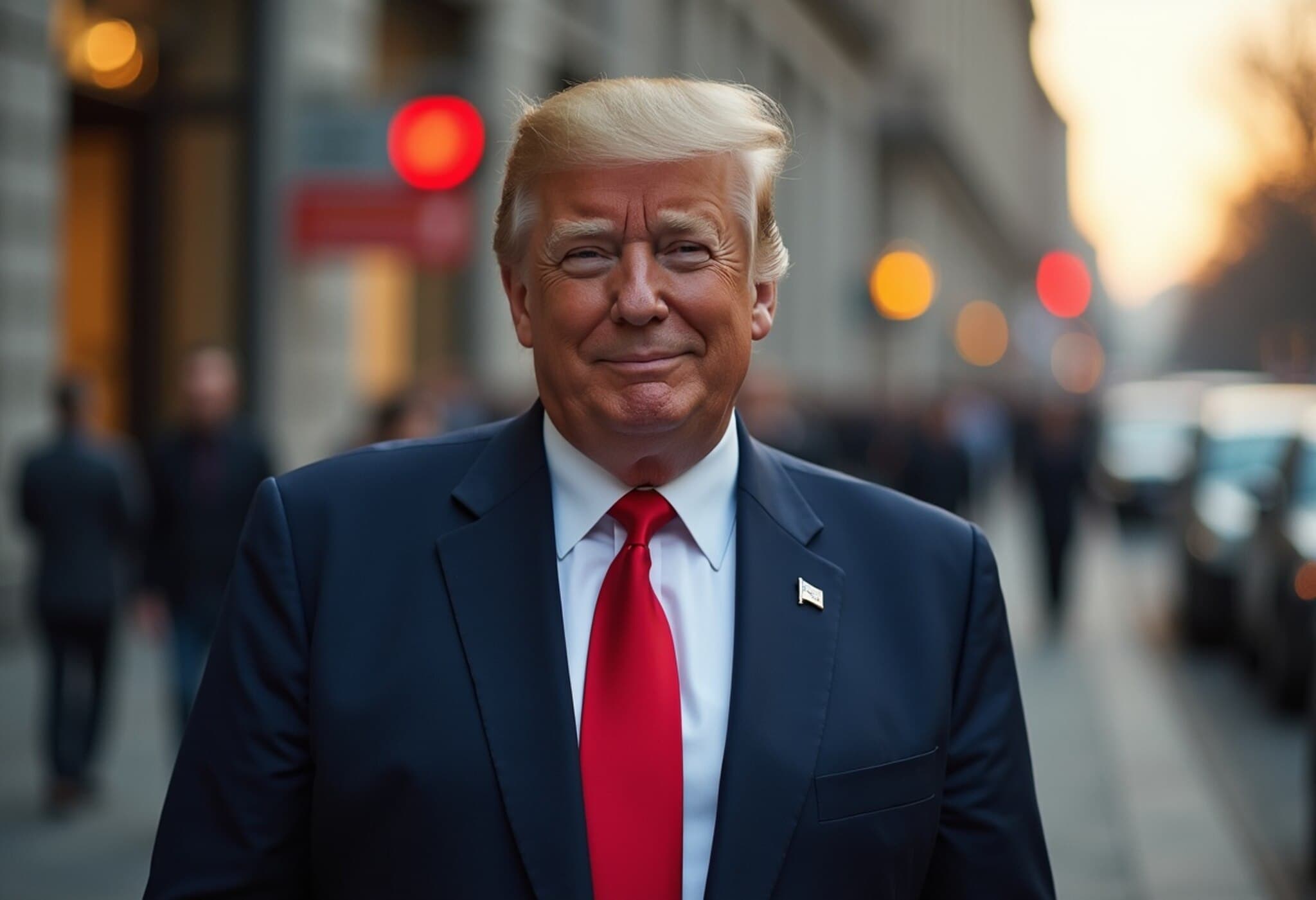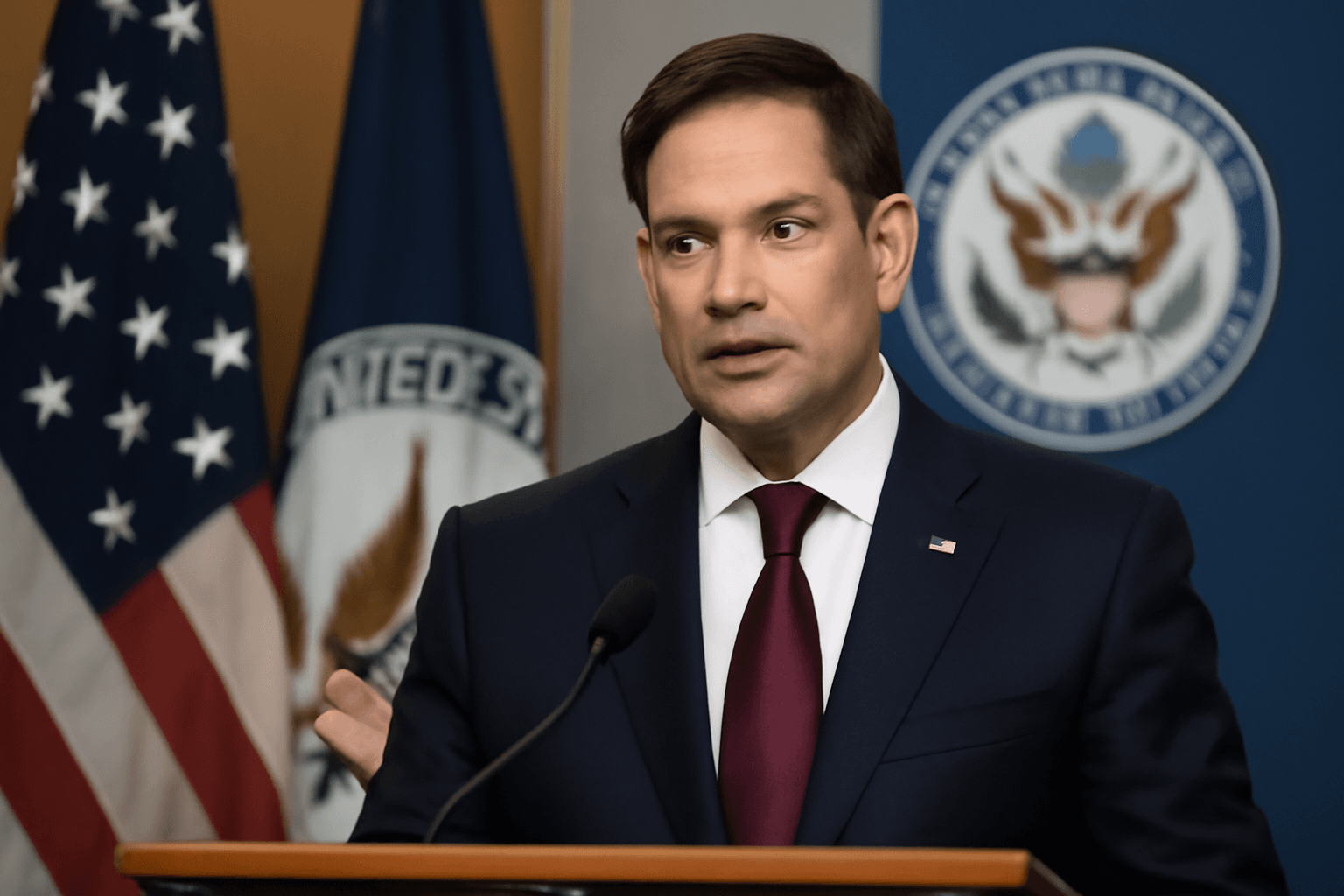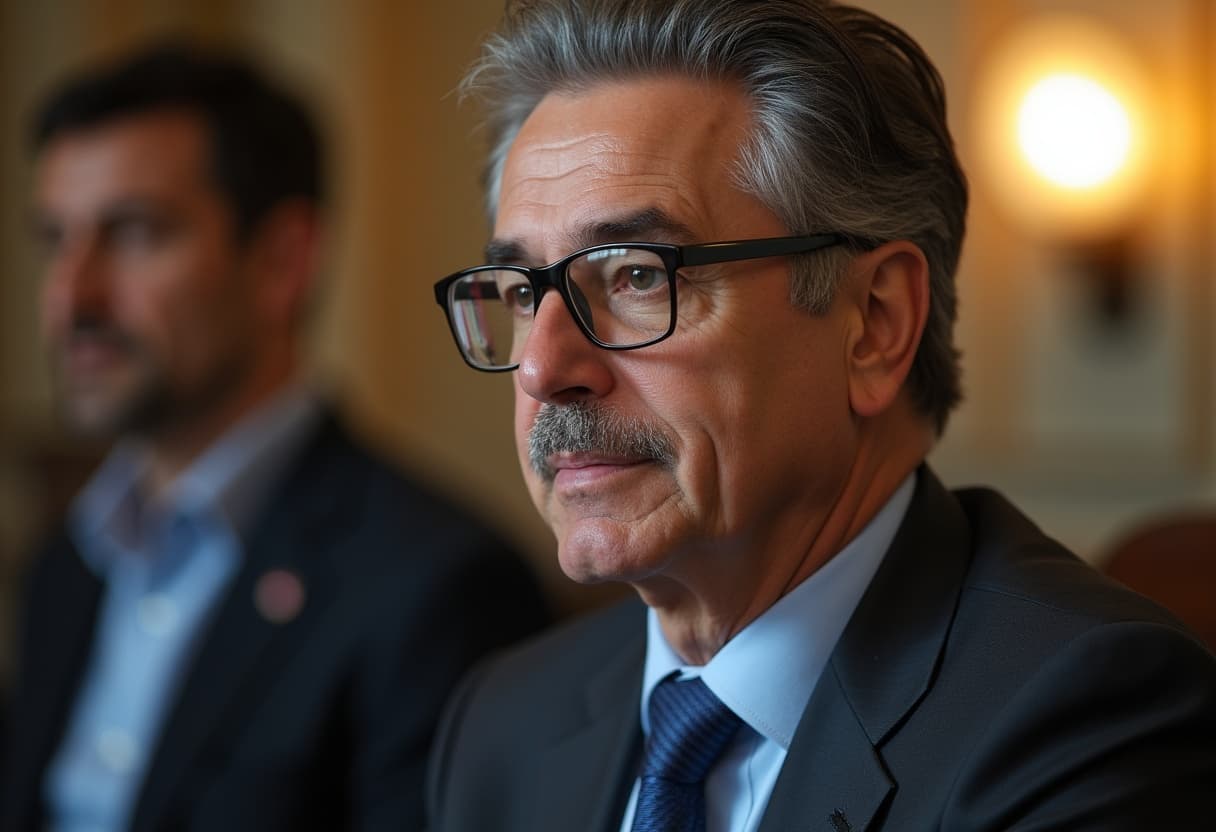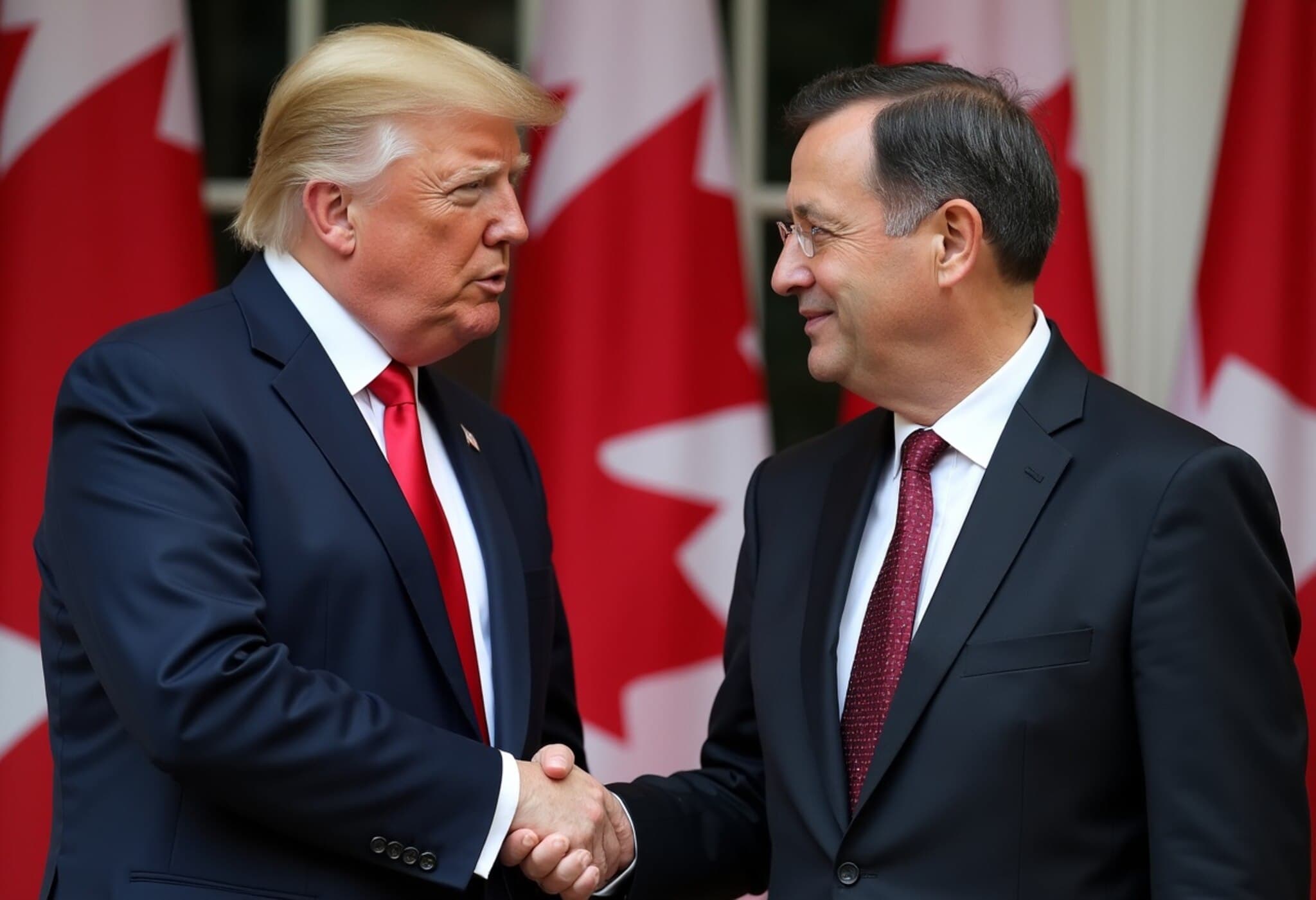Russia Challenges Trump’s Tariff Threat, Defends India's Right to Trade
In a striking diplomatic pushback, the Kremlin sharply criticized former US President Donald Trump’s recent threat to impose tariffs on India for its continued imports of Russian oil. The Russian government labelled the threat as an “illegitimate” interference in sovereign nations’ economic decisions, highlighting the contentious crossroads of international sanctions and global energy markets amid ongoing geopolitical tensions.
Background: Trump’s Tariff Warning and India’s Response
On August 4, 2025, Trump issued a stern ultimatum to Moscow to achieve progress on a peace deal with Kyiv by Friday, warning that failure to do so would trigger additional economic sanctions. Included in this warning was the prospect of penalizing countries like India that continue to purchase Russian oil — a critical revenue stream funding Moscow’s military actions in Ukraine.
India swiftly pushed back, branding any such tariffs as “unjustified and unreasonable,” emphasizing the principle that sovereign nations must retain authority over their trade relations without external coercion. New Delhi’s stance underscores its strategic balancing act between maintaining global diplomatic ties and securing vital energy resources.
Kremlin's Rebuttal: Sovereignty in Trade Decisions
Kremlin spokesman Dmitry Peskov voiced Moscow’s disapproval on August 5, reiterating that:
“Sovereign countries have the right to choose their own trading partners.”
While not mentioning Trump by name, Peskov condemned efforts aimed at compelling countries to cut trade ties with Russia, calling such measures “illegitimate.” This statement reflects Russia’s broader narrative positioning Western sanctions as overreach, especially as Moscow has skillfully redirected its energy exports from Europe to emerging markets such as India and China.
Geopolitical and Economic Implications
The situation paints a complex picture where global powers are entangled over energy security, economic influence, and wartime strategy. Since Russia’s invasion of Ukraine in February 2022, Western nations have led a concerted effort to restrict Russia’s economic lifelines, primarily targeting the lucrative oil and gas sectors. However, Russia’s successful pivot to alternative markets has sustained significant revenue flows, complicating sanctions’ intended impact.
- India’s Position: Reliant on affordable energy, India continues to navigate its trade partnerships pragmatically, avoiding direct alignment that could jeopardize its economic interests.
- US Strategy: Trump’s approach complements ongoing Western attempts to pressure Russia economically but risks alienating key countries that prioritize their sovereign trade choices.
- Broader Impact: The episode raises pressing questions about the limits of sanctions as a foreign policy tool when confronted with multipolar global trade networks and competing national interests.
Contextual Insight: The Challenge of Enforcement
What stands out is the difficulty in enforcing unilateral or bloc-wide sanctions in an increasingly interconnected, multipolar world. India’s steadfastness, supported tacitly or explicitly by Russia and China, highlights that economic coercion can falter when target countries possess alternative partners willing to engage. This phenomenon complicates the US and Western allies’ efforts to isolate Russia fully.
The Road Ahead: Diplomatic and Economic Stakes
Despite Trump’s revival of direct peace talks between Moscow and Kyiv, held in Istanbul, progress remains elusive. The latest tariff and trade threats risk further diplomatic rifts and could push nations like India to assert their independence more strongly on the world stage.
As this saga unfolds, policymakers must weigh the diplomatic costs of pressuring allies or neutral states against the strategic goal of restraining Russian aggression. Navigating this balancing act will define the next phase of international responses to the Ukraine conflict.
Editor’s Note
This unfolding confrontation over trade sovereignty and sanction enforcement spotlights the growing complexity of global geopolitics where economic tools intersect with national interests. Readers should consider how energy dependency, national sovereignty, and geopolitical alliances interplay in shaping world affairs. The real question remains: can unilateral or coalition sanctions remain effective in an era marked by multipolarity and competing economic imperatives?

